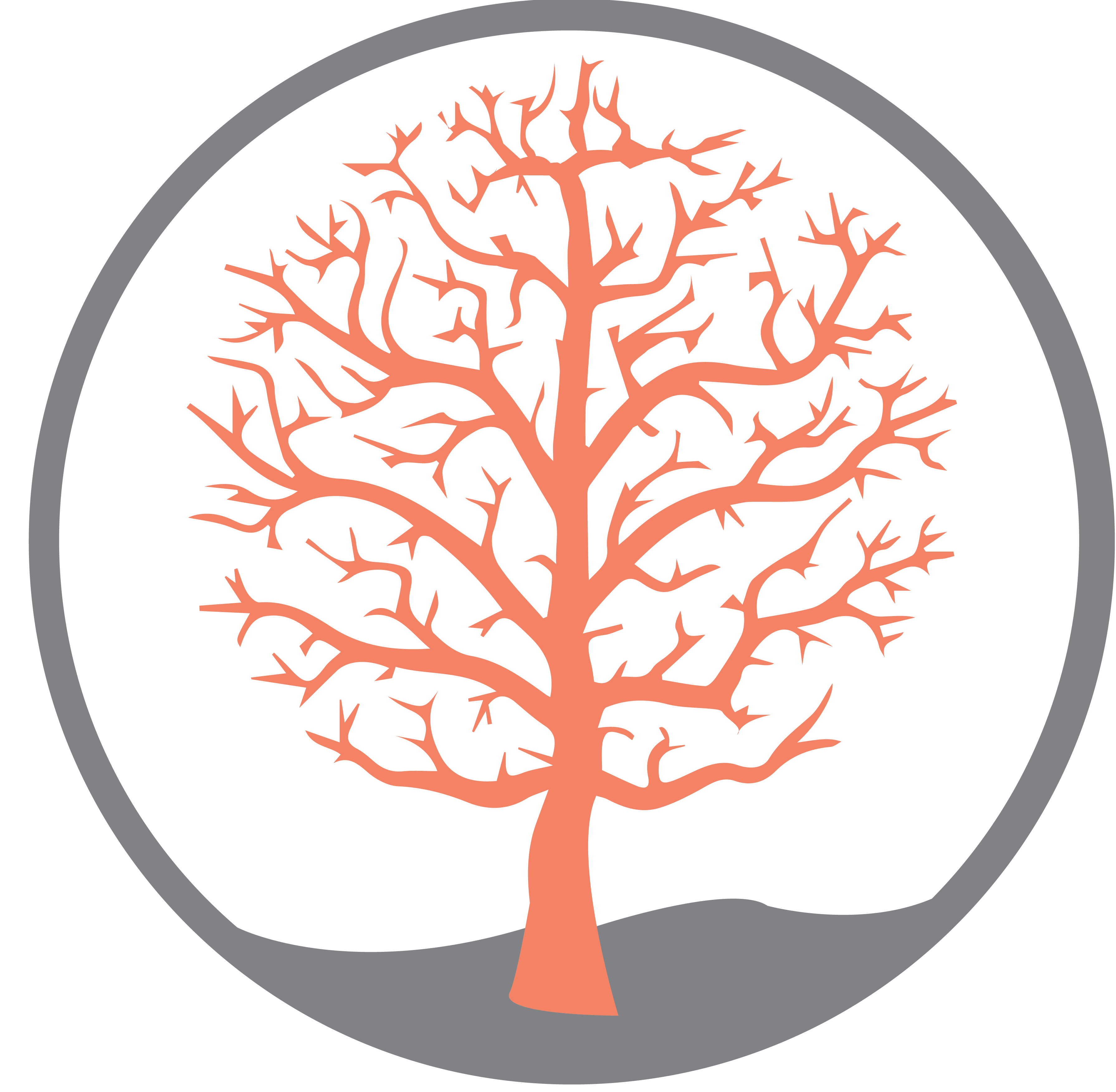
The Little Challenges
A to Z of behaviour change
If you want to change your behaviour, build new habits or simply feel a little happier and healthier, here are some ideas that might help.

Attention Restoration Theory
Time spent in the natural world paying 'effortless attention' leads to improved concentration, greater self-discipline and reduced stress.

Bright Line Rule
A rule that is so clear you can easily tell if you have broken it or not. Example: "I only eat cake after 6pm." Helps to reduce decision fatigue.

Circle of Control
A way to distinguish between what is and isn't within your control, so you can focus on the former and let go of the latter. Helpful for anxiety.
Sign up here to join the Little Challenges Ideas Community and access the full version of the A to Z.
It's free and you can unsubscribe any time you wish.
(If you've already signed up and are still seeing this message, apologies! This website isn't currently able to recognise you. Please resubmit your name and email address for full access. Thank you!)

Attention Restoration Theory
Time spent in the natural world paying 'effortless attention' leads to improved concentration, greater self-discipline and reduced stress.

Bright Line Rule
A rule that is so clear you can easily tell if you have broken it or not. Example: "I only eat cake after 6pm." Helps to reduce decision fatigue.

Circle of Control
A way to distinguish between what is and isn't within your control, so you can focus on the former and let go of the latter. Helpful for anxiety.

Distraction batching
Allocating clearly-defined time for rabbit-hole activities like checking social media, rather than doing them randomly throughout the day.

Environment Design
Design your environment to 'nudge' you to behave in the way you want, using triggers to prompt 'good' habits and friction to discourage 'bad' ones.
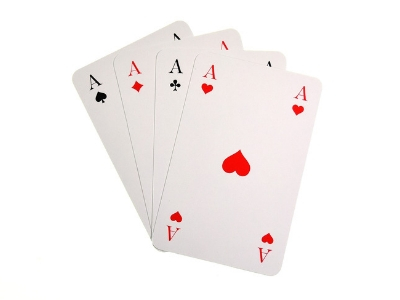
Four Tendencies
Want to get people - including yourself - to do what you want? It can help to know your 'tendency': Upholder, Questioner, Obliger or Rebel.

Gratitude
A weekly practice of writing down 3 to 10 things you're grateful for is proven to bring a wide range of physical and psychological benefits.
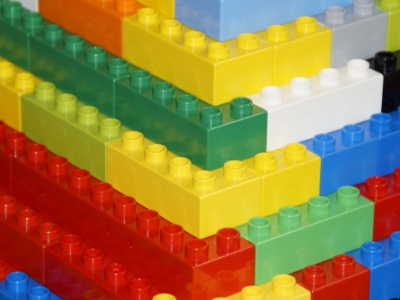
Habit Formation
Once you know how habit formation works, you can build, break and stack habits to your heart's content. Game-changer.

Indistractability
In a world that's constantly trying to attract our attention, the ability to focus is an increasingly valuable, learnable, skill.

Journalling
A daily writing practice can help to improve mental health, reduce stress, enhance self-awareness and support recovery from trauma.

Kindness
It doesn't seem to matter who you're kind to - yourself, people you love, people you don't even know - any kind of kindness makes us feel good.

Labelling Emotions
Simply naming difficult emotions (known as 'affect labelling') can be enough to reduce activity in the amygdala, making the feelings easier to cope with.

Mistake Diary
Fear of making mistakes can lead us to play things safe, at the cost of our personal growth. Keeping a diary of mistakes made (and lessons learned) can help.
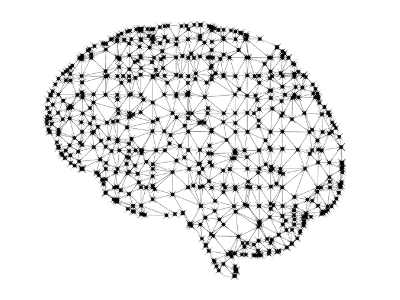
Neuroplasticity
Our brains change and grow throughout our lives, shaped by our thoughts, behaviour, emotions and environment. Think it's too late to change? Think again.
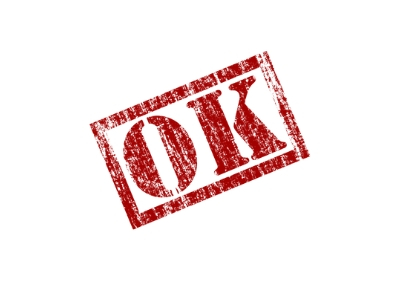
OK Plateau
At first, learning new things demands our focused attention. Later, when we can do them just well enough to meet our needs, we start operating on autopilot - and stop improving.

Posture
Choosing to adopt an upright posture in stressful situations can boost confidence, improve mood and reduce fear and self-consciousness.

Quick Bursts
Stuck? Procrastinating? Set a time for two minutes and find one tiny action you can take to get things moving again - a 'next right step'.
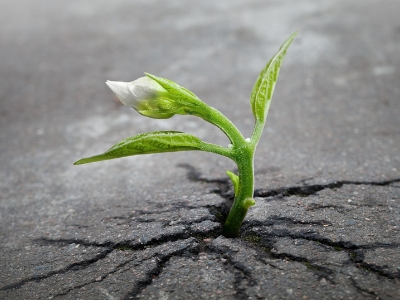
Redemptive Stories
A way of framing the events of our lives, no matter how painful, as meaningful and ultimately positive. In contrast to 'contamination stories'.

Systems vs Goals
A goal is a useful direction to head in, but doesn't necessarily give you the tools or a sustainable approach to get you there. That's where systems come in.

Temptation Bundling
Combine activities you need to do (but avoid) with ones you love (but don't have time for). Example: work out in front of your favourite TV show.

Unconscious Thought Theory
A theory that suggests we are better at solving complex problems when not consciously thinking about them. Good excuse to take lots of breaks.

Voluntary Discomfort
A Stoic practice in which you choose to experience discomfort (or avoid comfort). Helps to develop self-control, resilience and gratitude.

Willpower
An unreliable way of getting yourself to do things since it wears out as the day goes on. Use environment design and habits for better results.

eXercise
Ok, so it doesn't actually start with an 'x'. But it deserves a mention. Can be as effective at treating some types of depression as medication. Countless benefits for both body and mind.

"Yes..damn!" Effect
You know when you say yes to something in the future and then, when the time comes around, wish you hadn't? Who knew that had a name?

Zeigarnik Effect
Our brains repeatedly remind us of unfinished tasks so they don't get forgotten, which can lead to mental overwhelm. Scheduling time to deal with them can help switch this off.
© 2026 copyright by Little Challenges - all rights reserved.